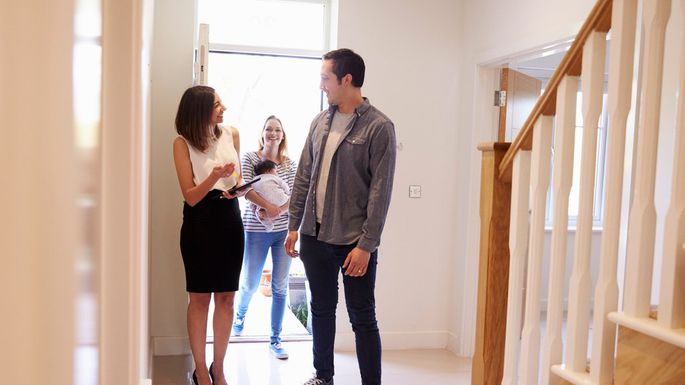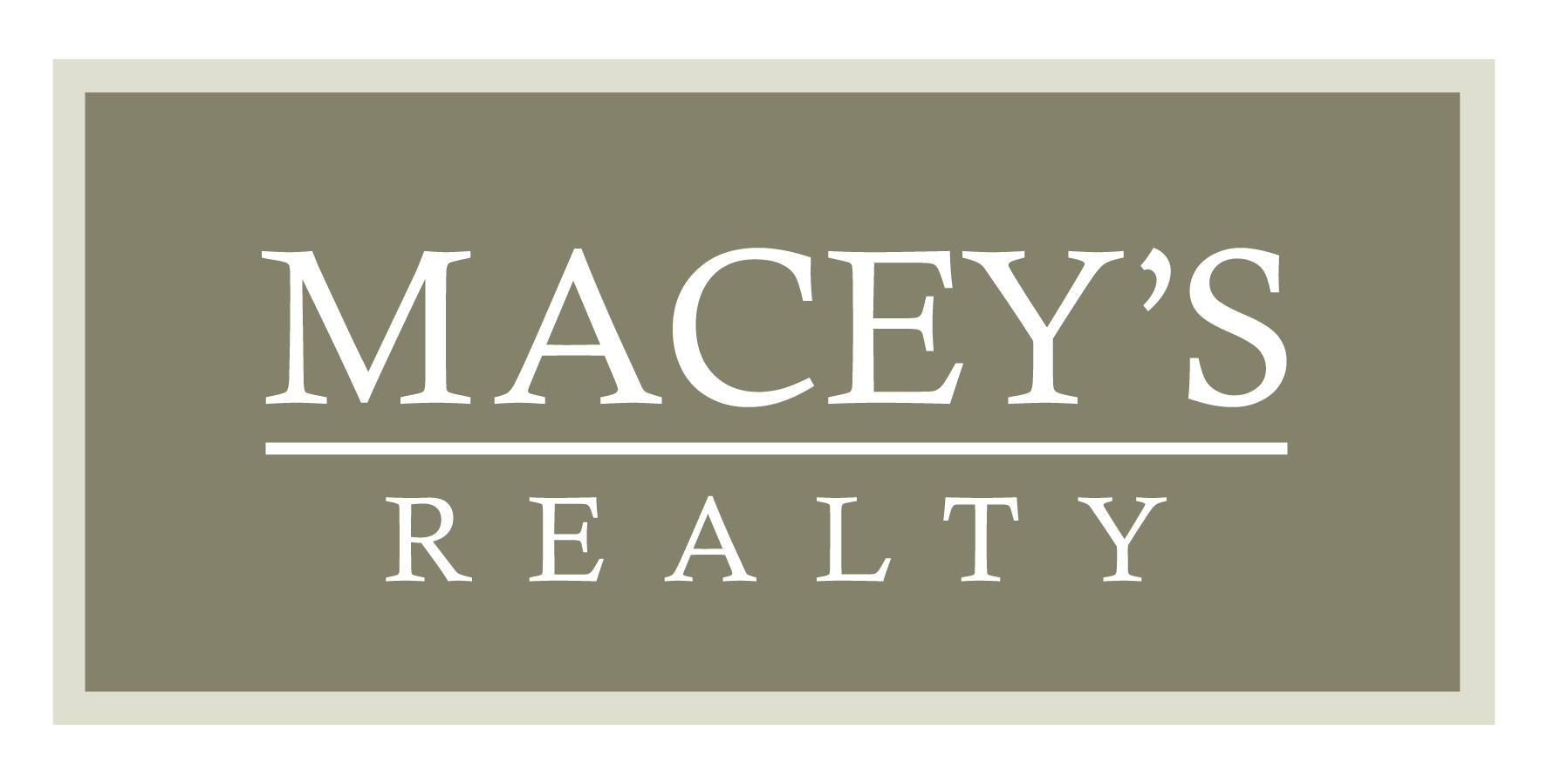
What is the first step in buying a home? Real estate experts agree that long before you peruse listings or check out open houses, you should talk to a lender about getting a mortgage.
“Talk to your bank or a reputable mortgage company to see what you qualify to purchase,” explains Rosanne Nitti, a Realtor® in Laguna Beach, CA.
Why financing is the first step in buying a home
While figuring out financing might not sound like the most exciting way to embark on your house hunt, it’s essential. Unless you have enough cash lying around to buy a house outright—and let’s face it, few do—you’ll need a loan. And lenders don’t just hand out loans to everyone who walks in their door. Rather, they’ll need to review your financial history to determine how much money they’re willing to fork over.
This info, in turn, will help you decide which homes are realistically in your price range and worth checking out.
“Without that step, you have no idea what your purchasing power is,” explains Nitti.
How to qualify for a home loan
If you’re still in more of the window shopping phase with no immediate plans to buy, you might want to opt for mortgage pre-qualification, which gives you a ballpark sense of your purchasing power without promises of a loan. But if you are actively house hunting, you probably want to seek loan pre-approval, where the lender performs an in-depth exploration of your finances followed by a solid promise for a home loan of a certain size.
To get pre-approved for a loan, expect to be asked to reveal your income, the amount of money you have in savings, and your credit history, which will help lenders determine how much money they’re willing to loan you. Consider this step akin to getting a full medical checkup before you train for a marathon. In this sense, a lender can tell you whether you’re truly ready to embark on this home-buying journey or whether you should take a step back and do some prep work first.
For instance? “If you do not have any savings available for a down payment [on a home], then your first step is to save every dime you can,” says Debra Kroon, a Realtor in Yosemite, CA. Or, if you have blemishes on your credit history (e.g., late or missing credit card payments), you might need to take steps to clean up your credit report before you would even qualify for a loan.
How a loan officer can help
If your financial profile reveals flaws that throw a wrench in your ability to buy a home, your loan officer can direct you on how to make improvements. Or, if you’re deemed to be ready and raring to start house hunting now, a loan officer can give you a heads-up on what to expect on the finance front.
“The loan officer will be able to let you know which loan programs you qualify to use, what your purchase price limit is, what your projected monthly payments will be, and how much cash you will need to have on hand for a down payment, closing costs, and reserves,” says Kroon.


